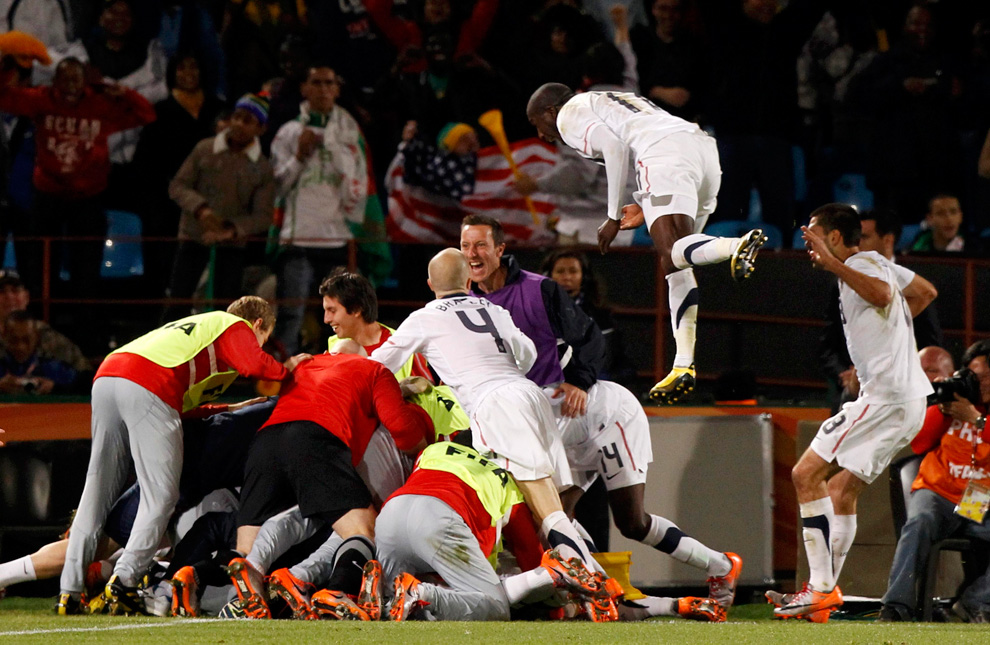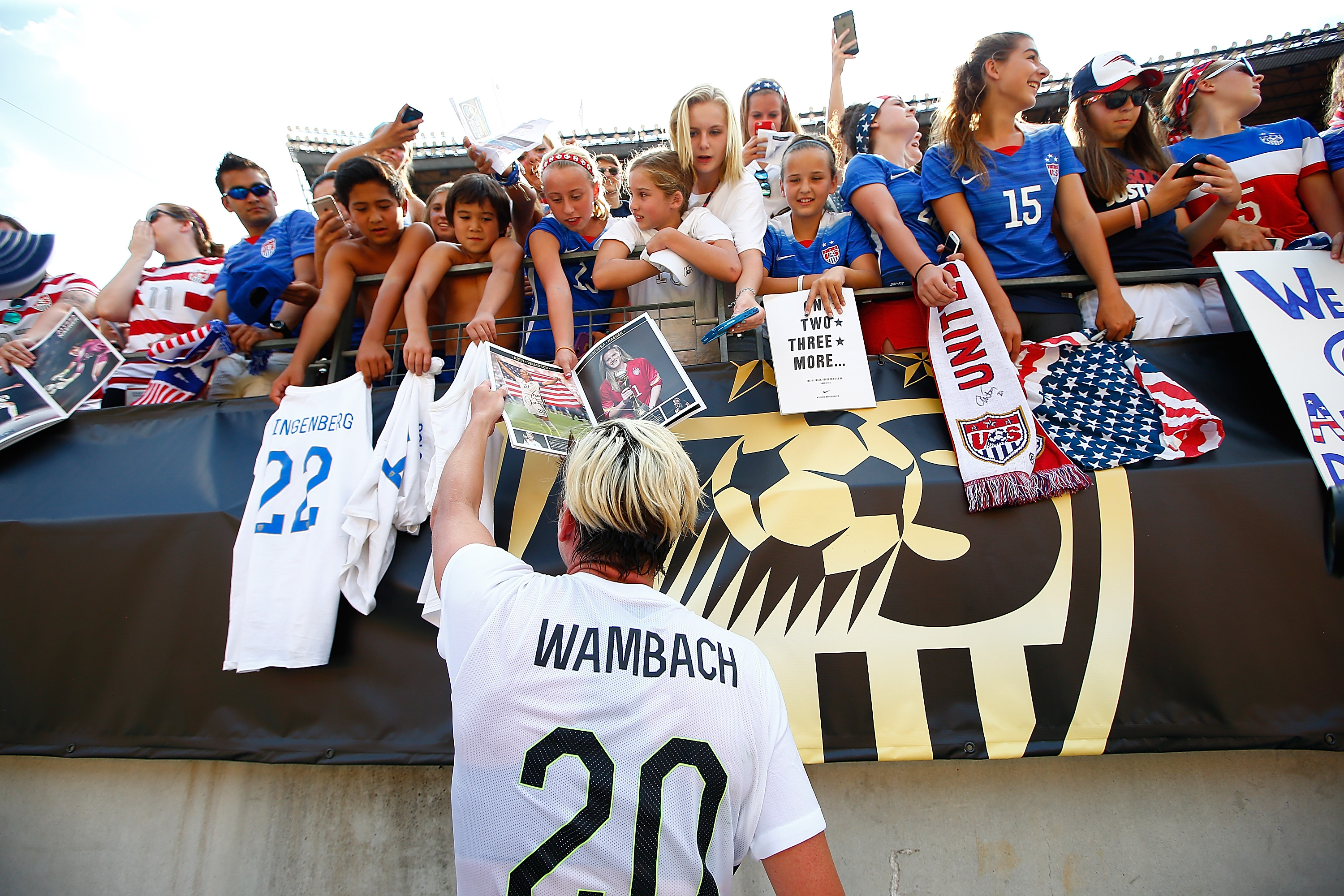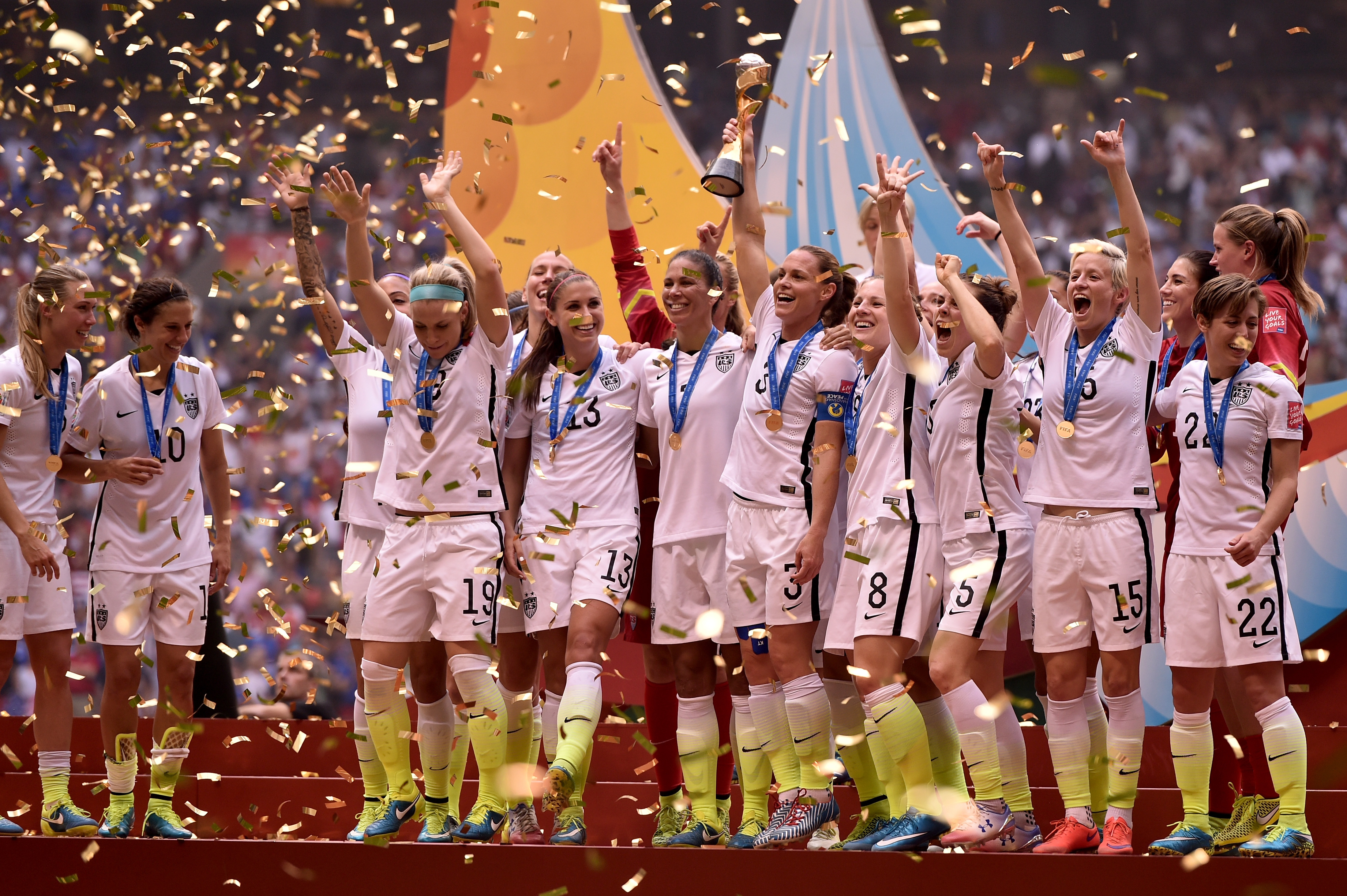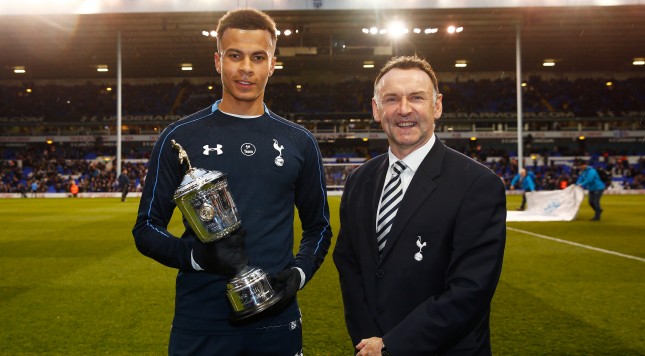This past Sunday the Professional Footballers Association held their annual awards ceremony where they honored their Team of the Year, Player of the Year, and Young Player of the Year. The PFA awards are voted on by the players themselves.
20 year old Tottenham midfeilder Dele Alli took home the PFA Young Player of the Year award, beating out teammate Harry Kane as well as Everton’s Romelu Lukaku and Ross Barkley, Stoke’s Jack Butland, and Liverpool’s Philippe Coutinho.
Alli certainly deserves to win any award titled ‘Young Player of the Year’ but did he really have a better season then his teammate Harry Kane, or arguably even Romelu Lukaku? That’s certainly up for debate but it shouldn’t be because Lukaku and Kane shouldn’t be nominated for this award to begin with.
The description for the PFA Young Player of the Year award is simply that the award is given to the best player aged 23 or under at the start of the season. To put it simply, that definition is ridiculous.
European soccer is a sport where players routinely break into the first team between the ages of 18-20 years old, with some players bursting on to the scene when they’re as young as 16. That means that in theory, a player can win the Young Player of the Year award seven times.
But what constitutes a player as “young?” Is it age? A 22 year old surely seems young, but what if he started getting regular first team Premier League football when he was 19? Would we still consider him “young” in his third or fourth season?
Take last year for example. At 21 years old Harry Kane won the award in the first season where he was given consistent first team football. At the time, he certainly was one of the Premier League’s bright young stars.
But look at the players Kane beat out: Chelsea goalkeeper Thibault Courtois (22), Liverpool’s Philippe Coutinho (22), Manchester United goalkeeper David de Gea (24, 23 when the season started), Raheem Sterling (20), and Eden Hazard (24, 23 when the season started).
When you remember that the spirit of the award is to honor a player who burst onto the scene in the league that year and shows a bright future, that list seems ridiculous. None of these players “bursted” onto the scene that year.
Thibault Courtois may have been playing in his first season in the Premier League but he had played in the Champions League Final with Atletico Madrid the year before. When he returned to Chelsea that summer, he was already established as one of the best goalkeepers in the world. Over in Manchester David de Gea was nominated for the award despite it being his fourth full season as Manchester United’s number one goalkeeper.
And then there’s Eden Hazard. Many people thought Hazard might win the award as not only had he won it the year before, but he was also the favorite to win the PFA Player of the Year award which he ultimately did. By rule, since Hazard was 23 when the season started he qualified for the young player of the year award but I don’t think there’s anyone who would consider him young at this point.
Eden Hazard broke into the first team for French team Lille when he was 18 years old. When Hazard moved to Chelsea in the summer of 2012 he was already considered one of the top players in the world. By the time the 2015 Young Player of the Year award was announced Hazard had played seven full seasons of first team football in Europe. That’s hardly a “breakout” star.
So how can we fix this award to ensure that it goes to the players that it’s truly intended for? Simple, make it a Rookie of the Year award.
I understand the Rookie of the Year award is a very American concept and term, so to make it sound more British-y we’ll call it the First Year Player Award.
The next problem we’ll run into is what constitutes a first year player? Part of the reason the award is the way it is right now is because it’s very difficult to qualify when a player becomes a full first teamer. Plenty of players make a few appearances off the bench one year, then will maybe make seven or eight appearances the following year before finally becoming a starter in year three. By then though, the fans of that club will have known the player for three or four years, so which year would be his “first.”
This isn’t as big a problem as you think it is. It happens in baseball and hockey all the time. Players get called up from the minors and play a few games all the time, only to get sent back down and not become a full time member of the big team for another year or two. That’s why baseball and hockey have qualifications for rookies. If you don’t play a certain number of games you’re still considered a rookie the following year.
This is simple to carry over to the Premier League. If you make fewer then eight starts in a season then you don’t qualify for the first year player award. A player who starts five games and comes off the bench in another 12 (for a total of 17 appearances) doesn’t burn off his “first year” eligibility. Therefore the following year or two later when he finally becomes a first choice player he can still win the award.
The PFA uses the term “Young” to categorize their breakout star award. Unfortunately they’ve chosen to define the word with a number, which allows too many established stars to be considered for the award.
It’s time for the PFA to simply change the award to the First Year Player award to ensure the spirit of the award is always followed through on.






